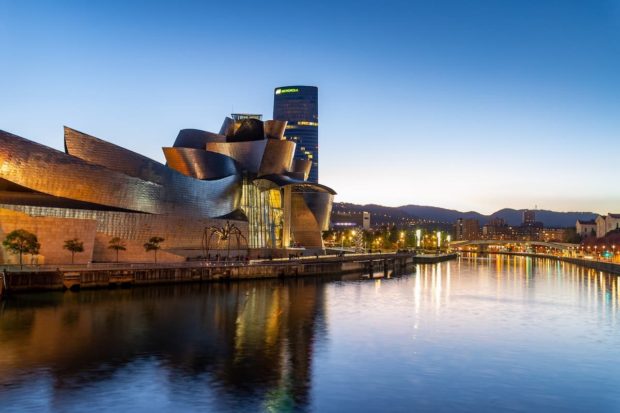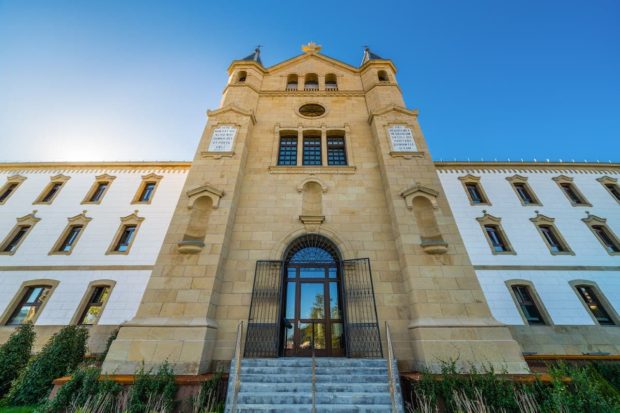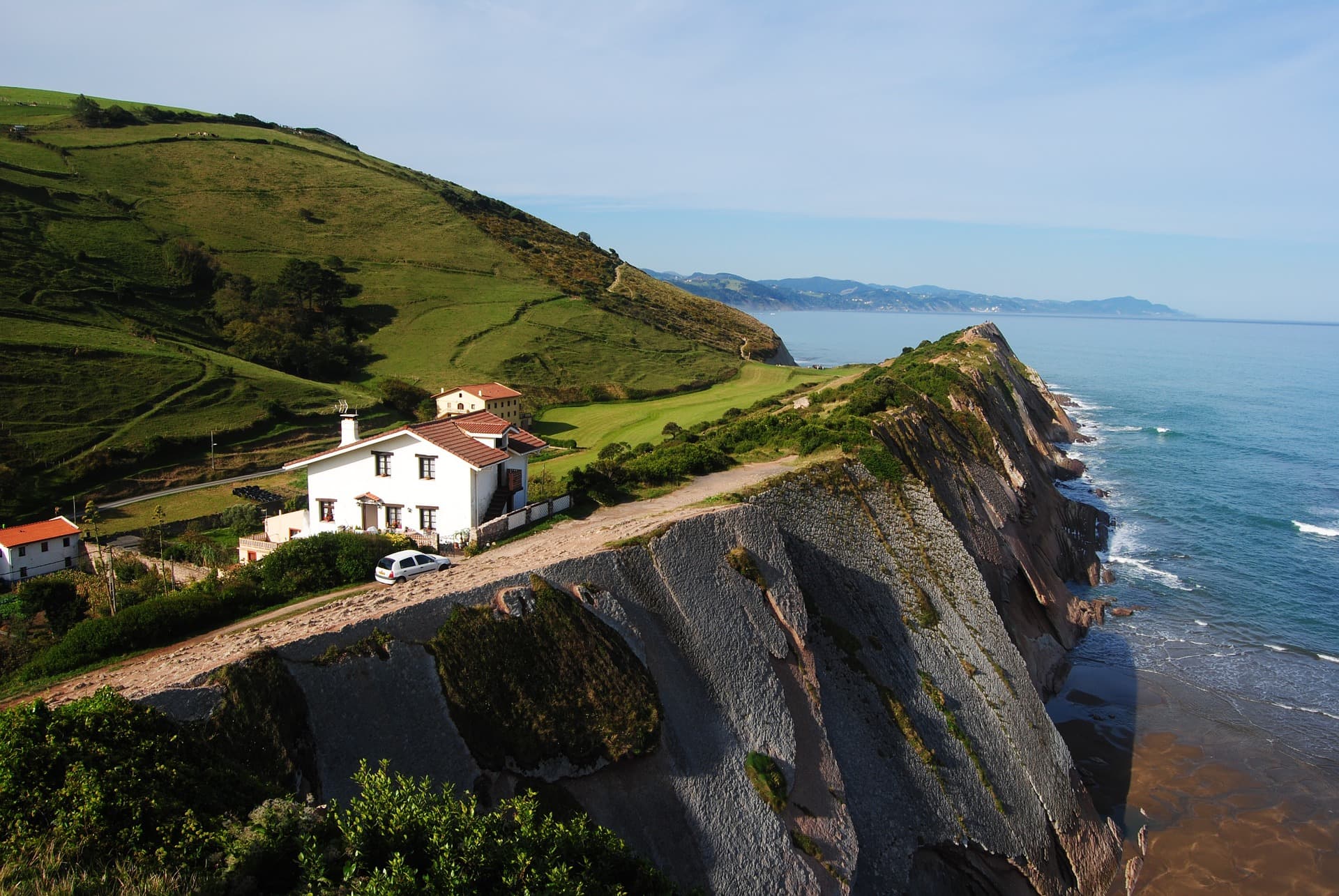The Basque language is one of the most famous language isolates in the world. It is spoken by close to a million people in the Basque region of Northern Spain and Southern France.
The origin of the language is still unknown, particularly because it doesn’t seem to share many characteristics with surrounding languages. In this guide, we will look at a few things you don’t know about Basque culture and language.
The Basque Language Has Seven Different Dialects
This language has seven different dialects, and they are spoken in different regions. The standardized version, known as Euskara Batua, is the most widely spoken.
It was developed in the 1960s, a period when publishing and education conducted in the Basque language started to flourish. Other popular dialects include Biscayan, Gipuzkoan, Upper Navarrese, Lower Navarrese, Lapurdian, and Souletin.
It is Also Spoken in Part of France
This language has mostly been associated with Spain as it is an official language in the country. However, it is also spoken in France, particularly in the northern region.
It is even recognized as a minority language in the country. The dialects spoken in France include Souletin and Navarrese–Lapurdian.
They Have their Own Unique Drink
The Basque Country has its own unique drink known as txakoli or chacoli. This is a dry white wine that is slightly sparkling, and it has low alcohol content. It is also highly acidic.
The drink is produced in Cantabria and northern Burgos in the Basque Country in Spain. Chile is also a minor producer of this drink.
They Have Their Own National Sport
Pelota is the national sport of the Basque region, and it was first played in the 13th century. The term refers to a variety of court sports played using one hand, a racket, a wooden bat, and a basket.
This game originated from Greek culture and other ancient nations. Basque pelota is mostly played in Spain and France, particularly in the Basque country. However, it is also played in Belgium, Northern Italy, Argentina, and Mexico.
Bilbao is the Biggest City
Bilbao is the largest city in the Basque country and is the largest city proper in Northern Spain. It has a population of over 300,000 people and has one of the most populous metropolitan areas in Spain.

The city was founded in the early 14th century by the powerful Haro family. At its founding, the city thrived because of its port activity that was based on the export of iron and wool.
Folklore
Basque culture values tradition, mythology, and oral history. Lots of ancient Basque myths and legends are still retold to date, and they are treated as a major part of the culture. Their mythology builds on the four natural elements of fire, air, earth, and water.
The element of earth is at the core of the mythology, and it is represented by the Goddess Mari. She can adopt different forms and resides in different havens. Basque mythology does not have any male Gods.
Where to stay in San Sebastian
When travelling to San Sebastian, you can stay in a range of hotels. One of the best places to stay is the Catalonia Donosti hotel, a place that offers stunning panoramic views over the La Concha beach. The hotel is located on San Bartolome hill in the city centre, just two minutes from the cathedral.

The hotel is set in an old 17th and 18th-century convent and has historical elements that are protected by the Patrimonio Urbano heritage organization.
Basque country and language are quite interesting. The language is spoken in France and Spain and has seven different dialects. Basque country also has its own national sport and drink. The biggest city in the country is Bilbao. The culture has its own unique mythology, and its beliefs go back several centuries.



